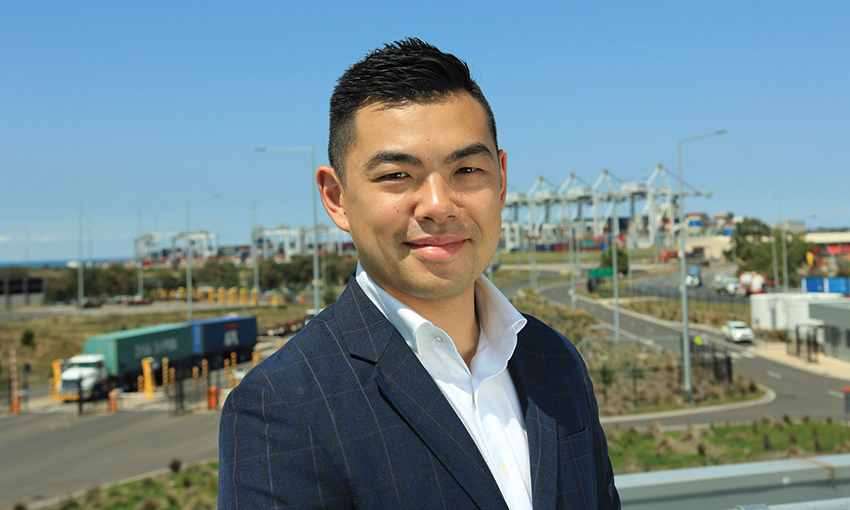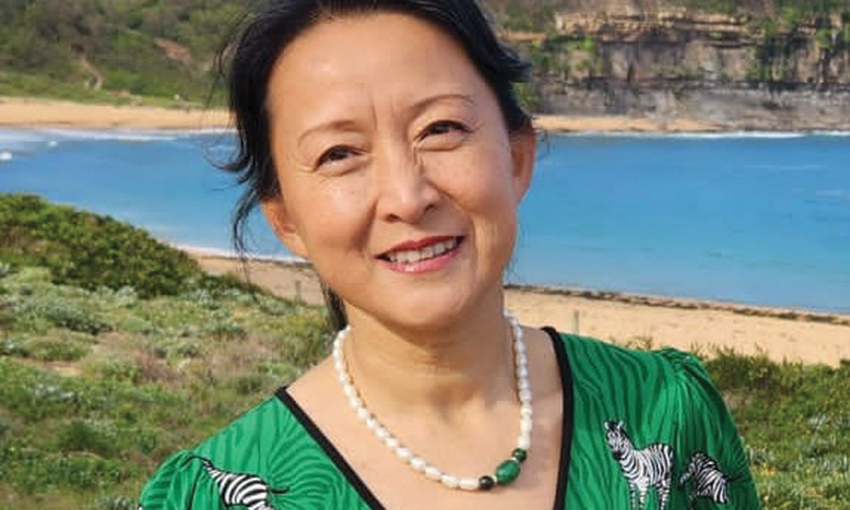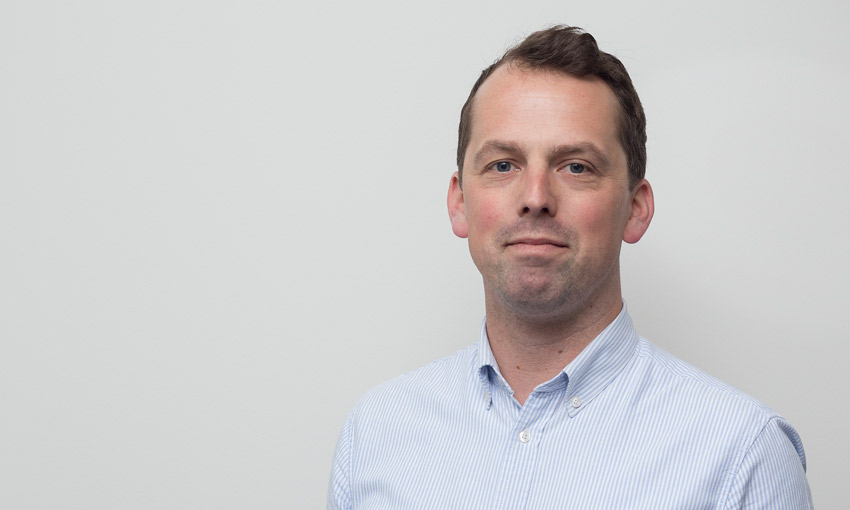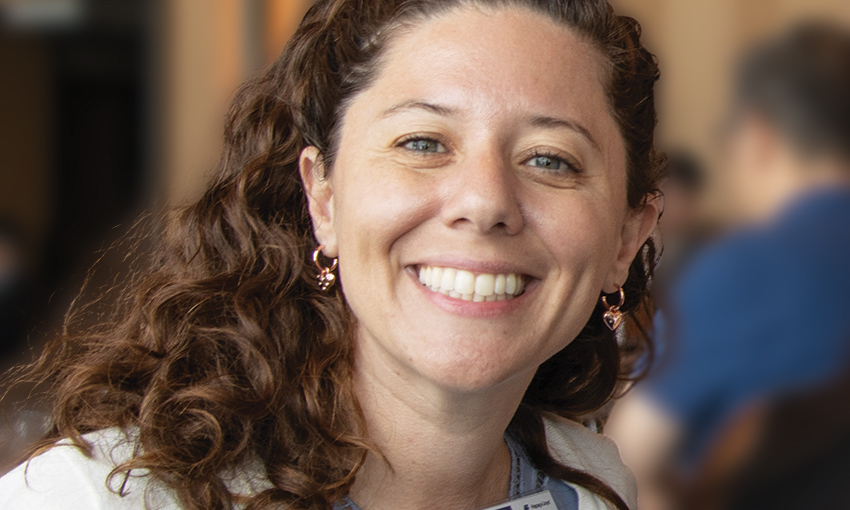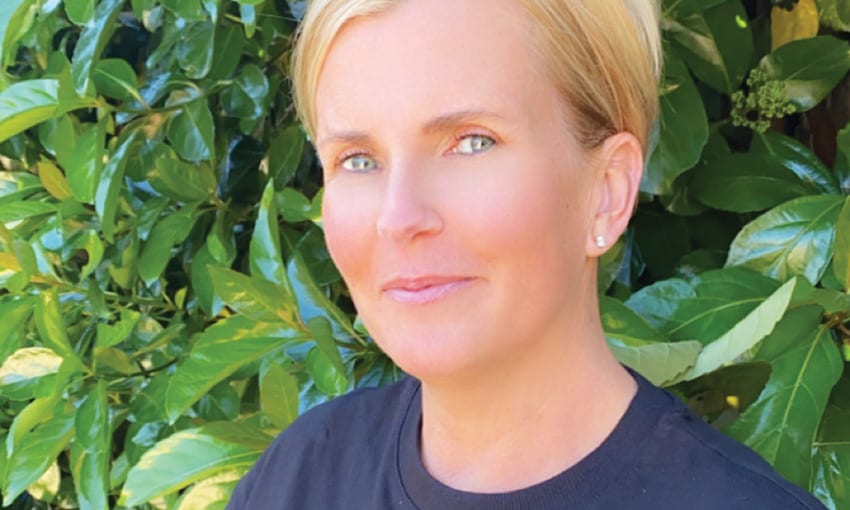What does your job at Victoria International Container Terminal involve?
I’m chief commercial officer at VICT, so I look after the commercial side of the organisation. That includes media and PR, and my role involves attracting business to the terminals. We’re a very automated terminal, so we want to make sure we meet our customers’ needs on the quayside, as well as deliver our product for transport users coming to the terminal. I also look after the revenue side of the business, which includes the shipping lines.
What’s the most significant change you’ve seen during your time in that role?
I’ve been in the role since 2019, so the pandemic is one of the most important changes I’ve seen. Weekly services and volumes used to be pretty consistent, especially in Port of Melbourne, but then we saw the surges during COVID – the spike in demand, then the delays due to congestion overseas and within Australia and the impact on vessel calls. It was interesting to see the shockwaves from situations such as the port closure in Shanghai. It’s been a very strange couple of years.
Speaking of logistics, how’d you come to be working in the industry?
I took a supply chain subject when I was studying international economics at Victoria University. We were talking about things like bills of lading, which I found interesting because I didn’t know much about it. When I was about to graduate, there was a local role advertised at COSCO. I submitted my resume, had two interviews, and got the job doing export customer service and some internal sales. I worked there just shy of two years.
You’ve also worked at ANL. How’d that come about?
I’d been travelling around Europe for a little over a year, and after I returned to Australia a role opened up at ANL to be a trainee vessel planner – they don’t come up very often. I got the job and completed my traineeship, which involved a short course at the Australian Maritime College. I was then considered a full vessel planner. There aren’t too many shipping companies that offer ship planning positions in Australia. I jumped into that and then moved to East Timor with ANL, where I worked for around three years. When I returned, I moved into a commercial role with ANL, then became the procurement manager for ANL within Oceania.
Tell us about your experience in East Timor.
ANL purchased a company from Toll in East Timor, and I had the opportunity to be the country manager. ANL had already commenced a service to call East Timor, so my job was to continue on with the agency and set up the ANL brand there. The most memorable thing about living there was being so close to the water. The place is naturally beautiful and has quite a young population. It’s untapped in terms of tourism though; when I mention East Timor, people ask where it is.
What other languages do you speak?
My parents are from Hong Kong, so I still speak to them in Cantonese, not English. The next language I’m planning to learn is Bahasa – the official language of Indonesia. I’m trying to procure more languages to use when I travel and work.
If you could automatically become fluent in any language, which would you choose?
Probably Spanish. It’s so widely spoken around the world, but it also looks like one of the hardest languages to learn. While I was in university one of my housemates was studying Spanish, and it looked very difficult. But if I were to pick a language off the shelf and insert it into my brain, that’d be the first one.
What do you enjoy most about living in Melbourne?
The food in Melbourne is great – there are so many options. My parents are chefs, and when we travel back to Hong Kong, we often go out for yum cha. It’s nice overseas, but it’s not as good as it is in Australia, and I never understood why. It’s because we’ve got better produce and a mix of talent here. Australia is quite multicultural – we’ve brought these talents and skills from around the world, and then there’s the fresh produce, so I don’t think there’s any type of dish you couldn’t find here.
What are you currently listening to?
R&B is probably my go-to – that’s what I grew up listening to. But now, my days are pretty full on – I spend a lot of time on the phone, checking emails and being in meetings, so when I have time to listen, it’s mostly relaxing music and podcasts. At the moment I’m listening to Business Movers, which talks about different business cases – the failures, the success and the reason for the success. It’s quite interesting.
This article appeared in the August 2022 edition of DCN Magazine.

